There are tons of amazing Philippine real estate options out there for condo-dwellers to choose from nowadays. From tight-knit condo communities in major cities, to sprawling residences in the provinces, there are so many new real estate properties by DMCI Homes Leasing that aspiring investors like you can be excited for this year.
With all these excellent opportunities for real estate investment in the Philippines, it’s no wonder that you’re having a tough time choosing between buying or renting a condo unit. Not only do you have to think about your financial situation, but you also have to consider your long-term goals as a buyer or renter in the real estate market today.
The good news is that you’ve come to the right place for your real estate decision-making this year. If you’re in need of expert advice to choose between buying or subletting a condo unit, then read on to make the right real estate choice with DMCI Homes Leasing Services right now.
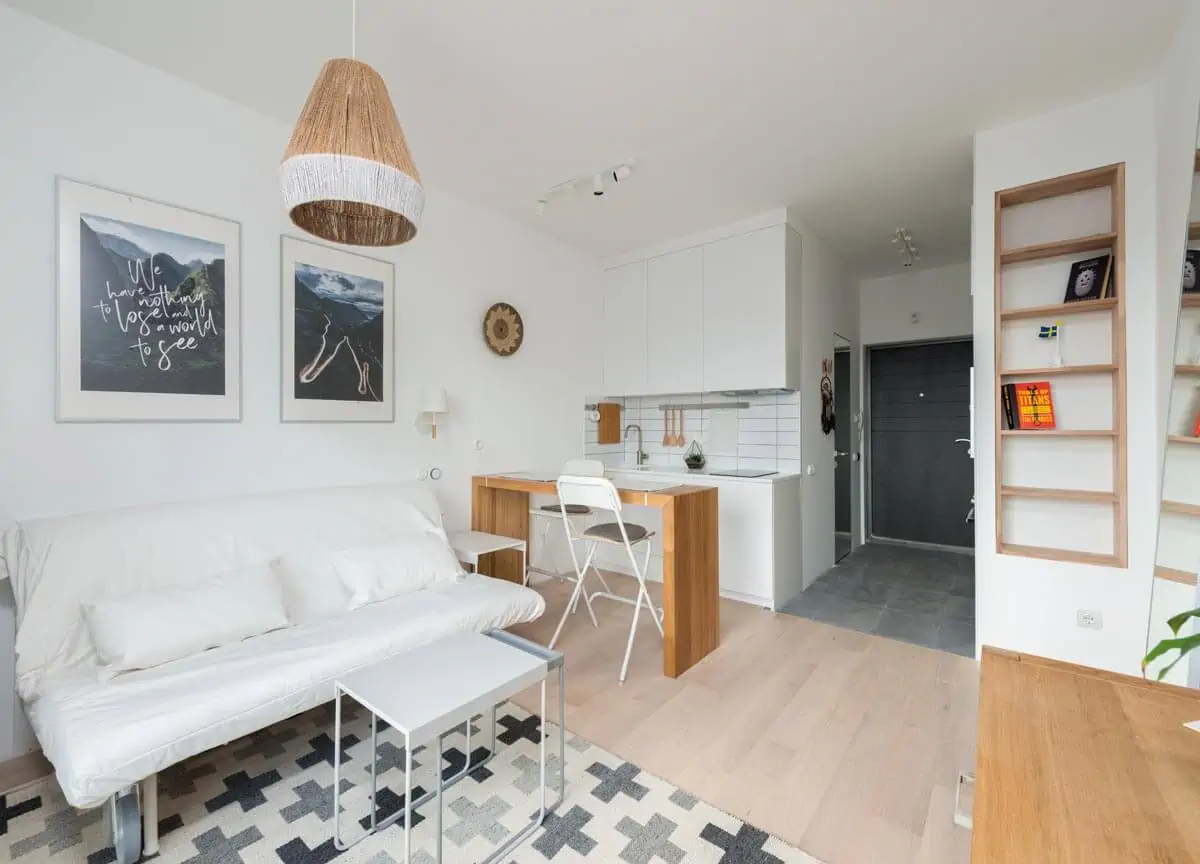 Photo courtesy of Max Vakhtbovych via Pexels
Photo courtesy of Max Vakhtbovych via Pexels
Renting a condo
You are going to come across a lot of considerations when looking at places for lease or a property for rent. These considerations include lifestyle changes, money management changes, and many more. Here’s your quick summary of the considerations, pros, and cons of subletting a condo unit for all your living needs.
Pros and cons of renting
The main pros of renting are:
- Flexibility. If you’re still in the early stages of your career life, or if your lifestyle requires lots of mobility, then subletting a unit offers more financial, work, and location flexibility than buying.
- Predictable expenses. When you sublet a condo unit, all you need to worry about are your monthly fees, utilities, and association dues. You won’t have to worry about mortgage loans, down payments, or closing costs - all of which can be stressful financial burdens for homeowners.
Meanwhile, the main cons are:
- No sense of ownership. As a renter, you’re less likely to be able to make changes, upgrades, or renovations to the property. Since the condo unit isn’t yours, you won't have the same sense of ownership that a buyer might have over their own residence.
- Landlords have final say. Refer back to the guide for Philippine real estate laws. While landlords are still responsible for their tenants, they still have final say for things like fee increases or property sales, based on the coverage of the contract you signed prior to turnover. This means that they could be within their rights to sell your unit and put you out of a home without your input.
 Photo courtesy of Timur Weber via Pexels
Photo courtesy of Timur Weber via Pexels
Renting Frequently Asked Questions
Now, let’s answer some of your frequently asked questions for renting a condo unit:
- Who are the ideal tenants? These are people who need to live somewhere for a short period of time, like one to three years, and aren’t in need of a long-term real estate investment in the Philippines right now.
- What are the requirements needed? As a renter, you need the financial ability to pay the monthly dues, utilities, and association fees. You’ll also need the ability to foster a healthy landlord-tenant relationship.
- When are the due dates for payments? While payment schedules vary per property and landlord, due dates usually include upfront down payments and security deposits on the unit, and your usual fees at the end of each month.
- When is the estimated turnover? This also depends on your agreement with the landlord, but condo unit turnover usually happens upon contract-signing, after you finish inspecting your unit.
- Where is the best location? This depends on your lifestyle, like where you work, go to school, or spend the most time with family. But there are tons of prime real estate locations that you can check out in the Philippines today.
- How long has the property been on the market? This is a deep-cut question that you can specifically ask your landlord, if you’re curious to learn about the real estate market history of your condominium building.
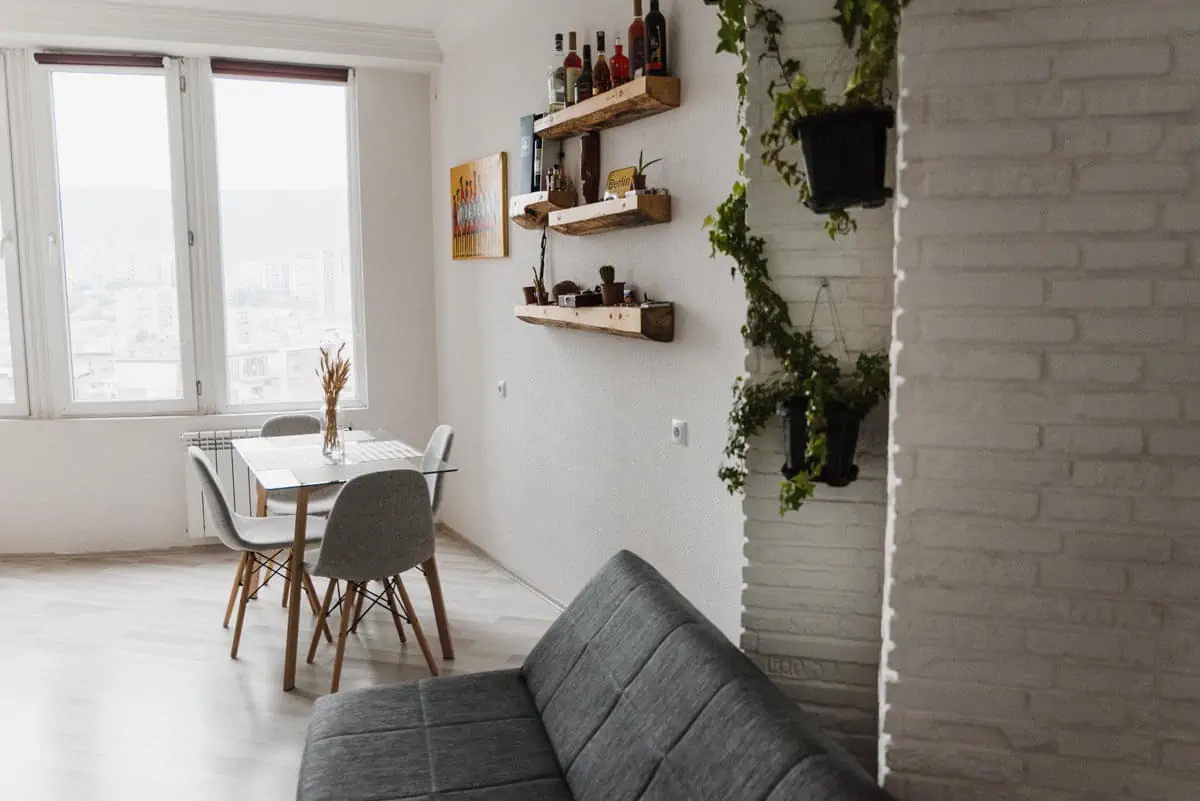 Photo courtesy of Arina Krasnikova via Pexels
Photo courtesy of Arina Krasnikova via Pexels
Owning a condo
Owning a condo unit might seem like a daunting task at first. There are tons of financial responsibilities you’ll need to undertake as a homeowner, along with maintenance and upkeep for your new home. So here are a few considerations, pros, and cons to home ownership that you can review as an aspiring investor in real estate properties today.
Pros and cons of owning
The main pros of owning are:
- A sense of ownership and stability. As a homeowner, you have full power over the decisions made for your condo unit. You can do all the upgrades and renovations you want, since the unit is yours to do with as you please.
- Builds equity and improves net worth. Because you bought the property, you can build equity and ultimately improve your credit score by paying monthly mortgage fees or by subletting your personal property to other tenants.
Meanwhile, the main cons are:
- Higher costs overall. As you’d expect, buying a unit incurs more costs than renting one. Not only do you have to pay an upfront down payment for the property, but you also have to pay off your mortgage and condo tax fees too.
- Repairs and maintenance. Since you own the property, you’ll be wholly responsible for repairs and maintenance. You’ll be in charge of handling renovations in case anything breaks, which can be both time-consuming and expensive.
 Photo courtesy of Kampus Production via Pexels
Photo courtesy of Kampus Production via Pexels
Owning Frequently Asked Questions
Now, let’s answer some of your frequently asked questions for owning a condo unit:
- What are the requirements needed? You’ll need proof of financial stability for the initial down payment on the property, for property taxes, and for the long-term mortgage payments per month.
- When are the due dates for payments? Payments for home ownership may also vary per property and landlord, but these usually include upfront down payments on the property, and your monthly mortgage payments and property taxes.
- When is the estimated turnover? Usually, turnover happens upon contract-signing, after you finish inspecting your unit and paying the upfront down payment.
- Where is the best location? Again, this depends on your lifestyle, where you want to settle for work, or where you want to have a family. So check out the top condo spots in the Philippines to make informed decisions for this ownership investment.
- How long has the property been on the market? This is an important question to ask the real estate agency you’re buying from, because it will give you an idea of the financial outlook should you decide to sell your properties in the future.
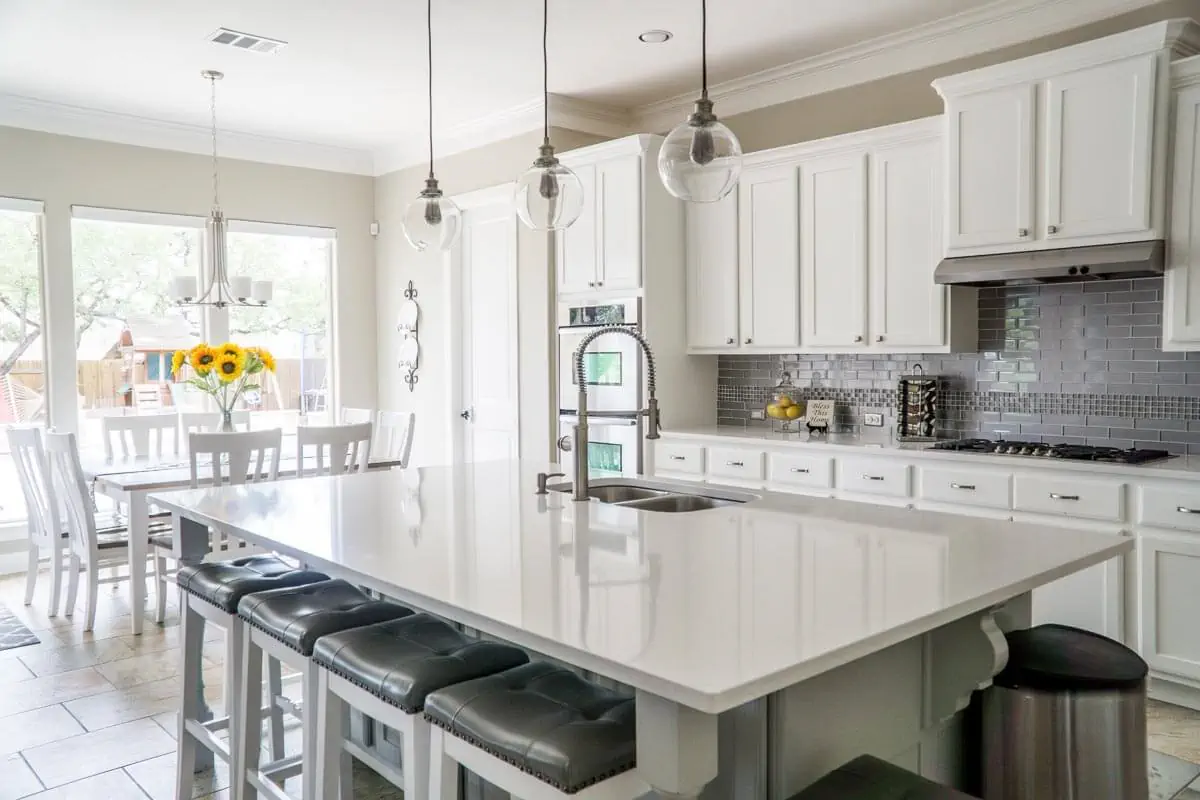 Photo courtesy of Mark McCammon via Pexels
Photo courtesy of Mark McCammon via Pexels
Key differences between renting and owning
Choosing between renting and owning from here on out will really depend on your individual lifestyle choices and needs. Here’s a compilation of the key differences between the two so that you can make a more informed choice between tenancy or ownership.
Property values
Your property investment can increase or decrease drastically over time due to external factors that affect the Philippine real estate market. As an aspiring homebuyer, some external factors that you need to watch out in the housing market for include:
- Global crises (ex. pandemics, wars)
- Natural disasters (ex. storms, earthquakes, volcanic eruptions)
- Economic issues (ex. housing surpluses)
Renters don't need to worry about property values as much as aspiring homebuyers do. They aren’t paying for the property as a whole, after all. But monthly fees can also be affected by the external factors listed above, and can be increased or decreased by your landlord depending on the local economic situation.
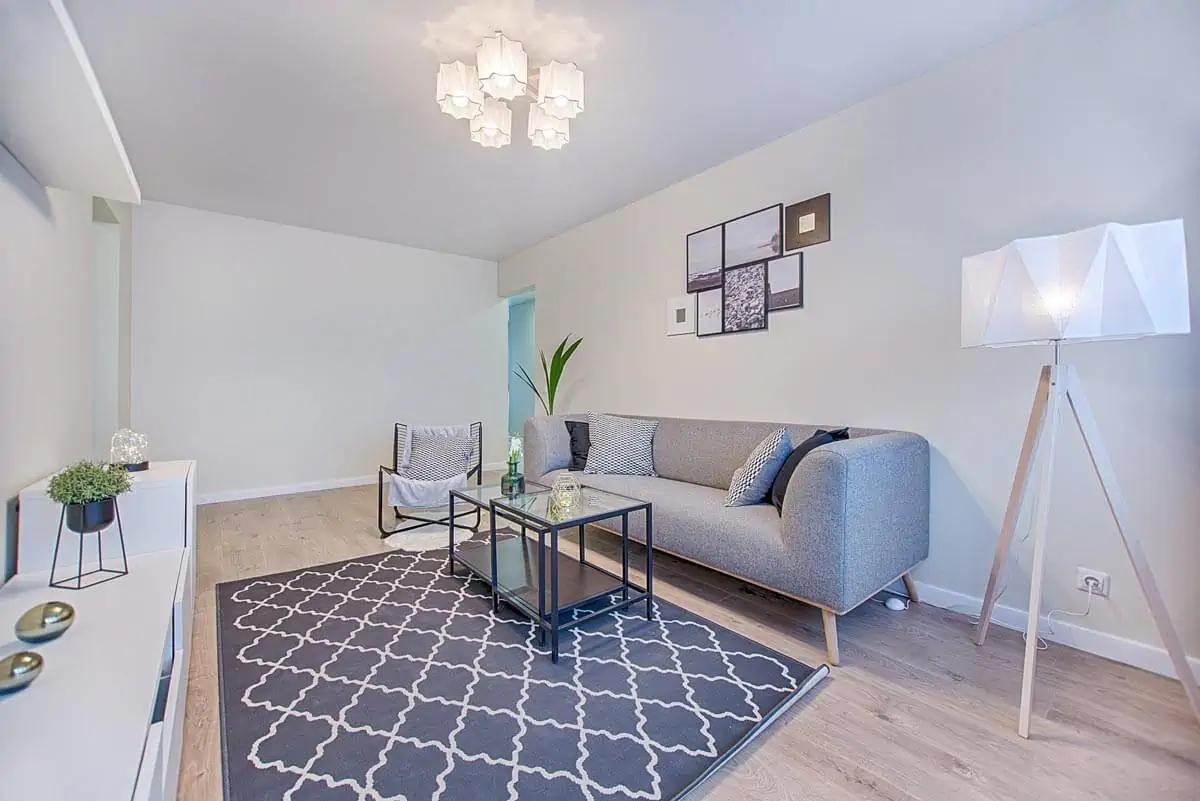 Photo courtesy of Vecislavas Popa via Pexels
Photo courtesy of Vecislavas Popa via Pexels
Time commitment
As a homebuyer, you need to commit time to making your condo your own, especially in terms of renovations, condo maintenance, and changes to the unit’s existing utilities. If you like doing repairs, then this won’t be a problem for you but if you’re not a fan of construction projects in the first place then you should reconsider your commitment to buying a unit.
As a renter, you won’t need to commit as much time to the maintenance and upkeep of your unit beyond what’s necessary for your lifestyle. If you work long hours or travel out of town often, then renting a condo might be better for you timewise.
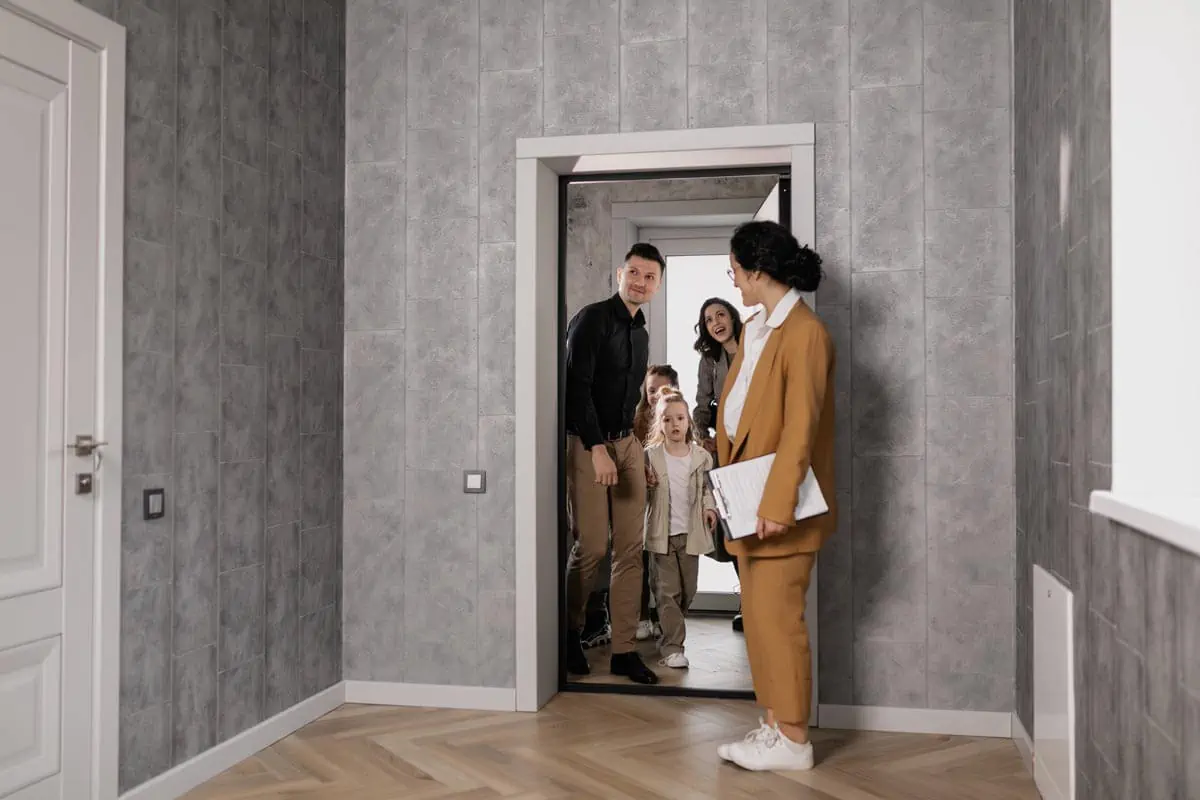 Photo courtesy of Alena Darmel via Pexels
Photo courtesy of Alena Darmel via Pexels
Repairs and maintenance
Renters don’t need to worry as much about repairs and maintenance as compared to homeowners, since they don’t bear the responsibility of fixing and maintaining the unit themselves. That usually falls under the purview of the homeowner and DMCI Homes’ Property Management Office.
But as a tenant, it’s still your responsibility to report broken utilities to your landlord - especially if you’re the one who broke it in the first place, as per your signed contract prior to turnover.
As mentioned in the section on ownership pros and cons, on the other hand, owners are responsible for property repairs and maintenance. As an owner, you’re in charge of handling renovations - which can be time-consuming and expensive too.
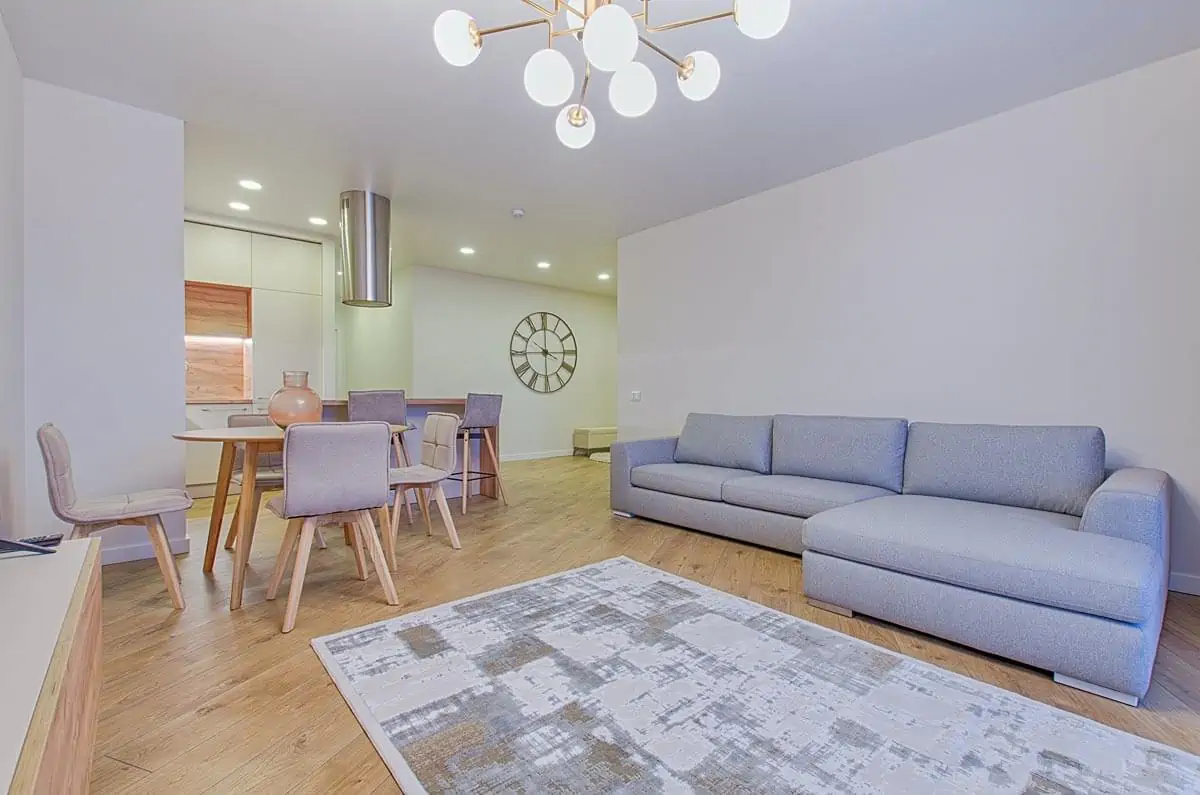 Photo courtesy of Vecislavas Popa via Pexels
Photo courtesy of Vecislavas Popa via Pexels
Financial considerations to think about
Feel a bit more familiar with the pros, cons, and key differences between buying and subletting a condo home? Then it’s time for you to consider the important financial implications of the two property commitments for your upcoming real estate future.
Rent or payment calendar
Generally, renters only need to worry about an upfront condo rental down payment and security deposit before they settle into a more predictable monthly payment calendar. Meanwhile, buyers only have to worry about upfront down payments on the property, and then their monthly mortgage payments and property taxes.
So when you’re choosing between subletting or buying a condo unit, it’s important to consider the long-term payment calendar to manage your bills. Renters should think up to a year ahead in terms of finances, while buyers should think up to three years ahead, to account for emergency financial situations that can happen at any time.
Utilities and amenities included
As a condo homebuyer, you’ll want to know what condominium utilities and amenities are included in your contract before you make a final purchase. These should include basic condominium services like security, car parking, front desk assistance, and even pool or gym use.
As a renter, you should also check if your contract with your landlord includes parking access, swimming pool use, or gym access. The inclusion or exclusion of these services will affect your monthly rental price, which should factor into your financial considerations.
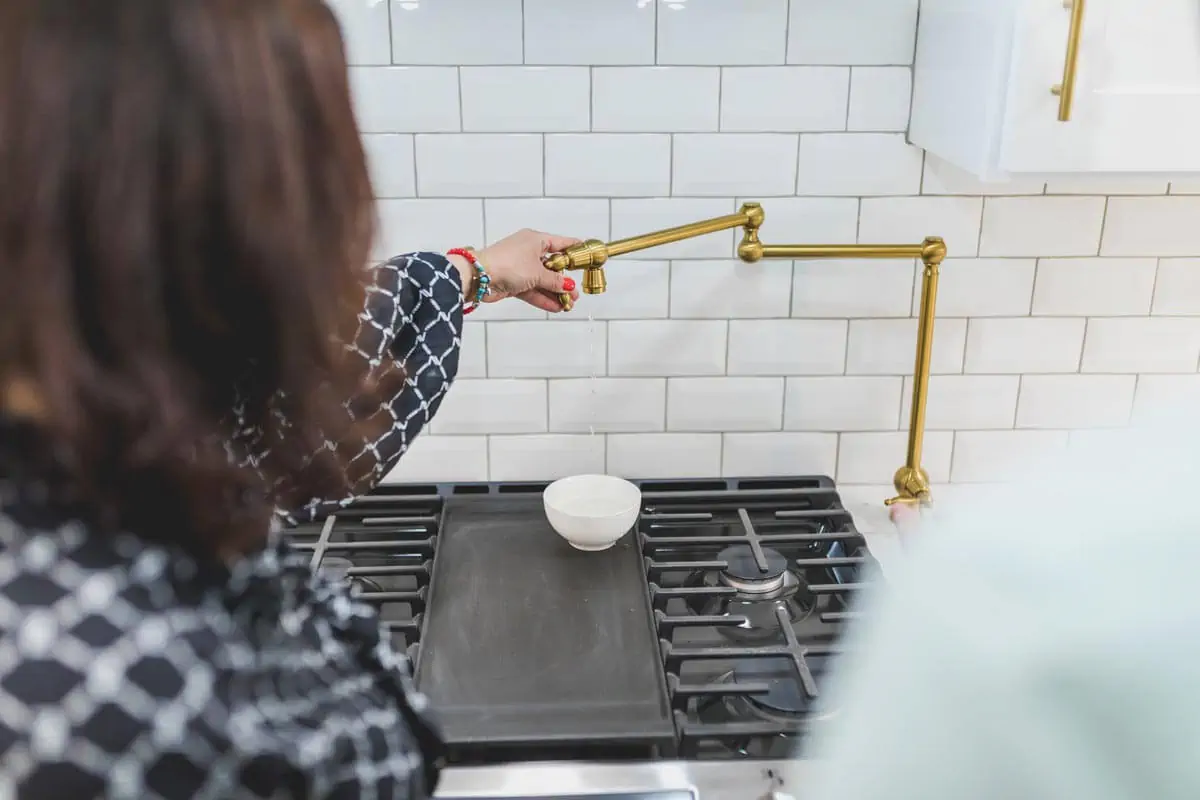 Photo courtesy of RODNAE Productions via Pexels
Photo courtesy of RODNAE Productions via Pexels
Deposit policies
Security deposits entail a big financial commitment to make sure nothing breaks in your home until the end of a lease. Is your security deposit refundable? Double check this with your landlord to see if the deposit is worth the financial risk for your rented unit.
While this financial consideration mostly applies to renters, it’s still important to keep this in mind when choosing between buying or subletting a home. This consideration will help to guide your research as a potential investor, and will be important if you decide to sublet the property you own in the future.
Move-out notice
This last financial consideration is also something to keep in mind when picking between buying or subletting a home. How much notice is required before a condo move out? Will you be able to commit to a move-out plan when your lease ends?
Want to stick around the property for a bit longer? Then this might be your opportunity to explore a rent-to-own condo scheme with your landlord, instead of moving out as you initially planned.
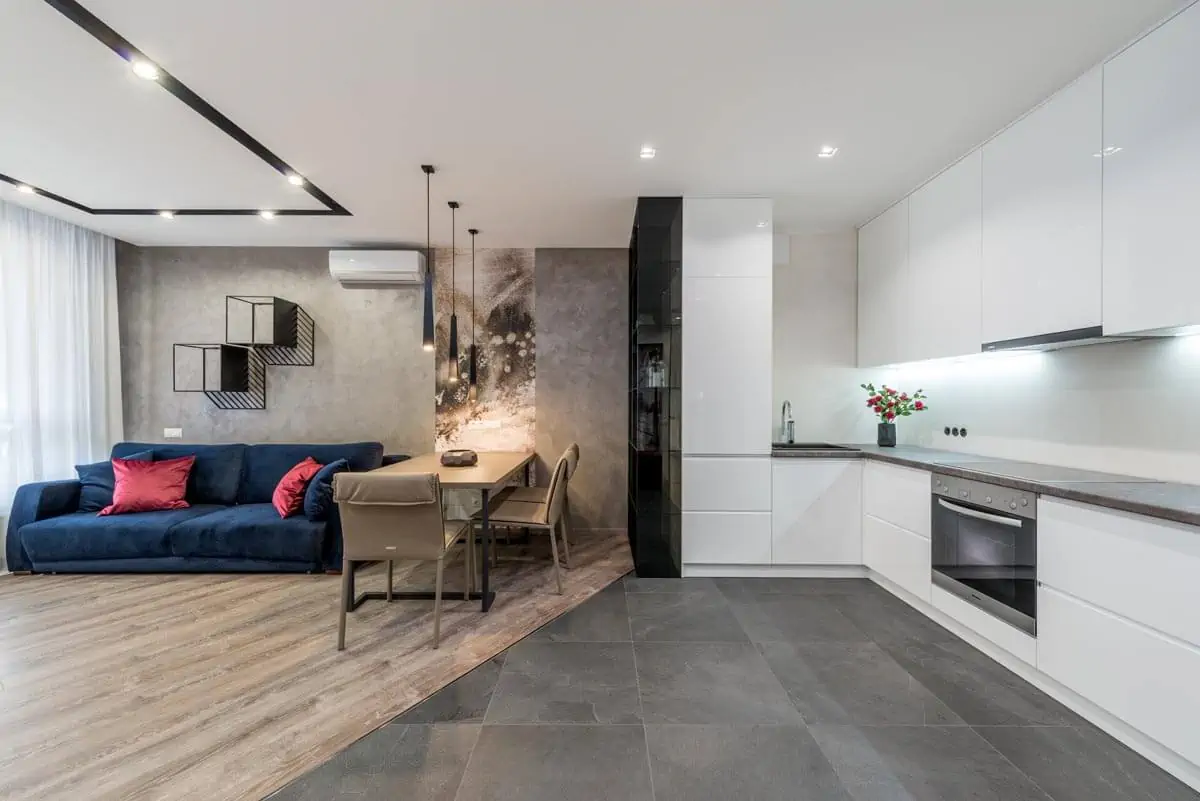 Photo courtesy of Max Vakhtbovych via Pexels
Photo courtesy of Max Vakhtbovych via Pexels
Final questions to ask yourself
Still unsure of your decision to choose between subletting or buying a new home? You’re not alone. There are tons of questions that come up for aspiring investors when they choose between renting and buying nowadays. Check out these final questions to ask yourself before you pick either one of these financial commitments today.
When should you rent a home?
You should rent a home when you need to live somewhere for a short period of time due to school, work, or family. For example, if you’re working in a new city for a year, you’d want to rent a home there to be closer to your work for that time. You could also sublet a home if you’re building up to financial stability and are in need of lower living expenses.
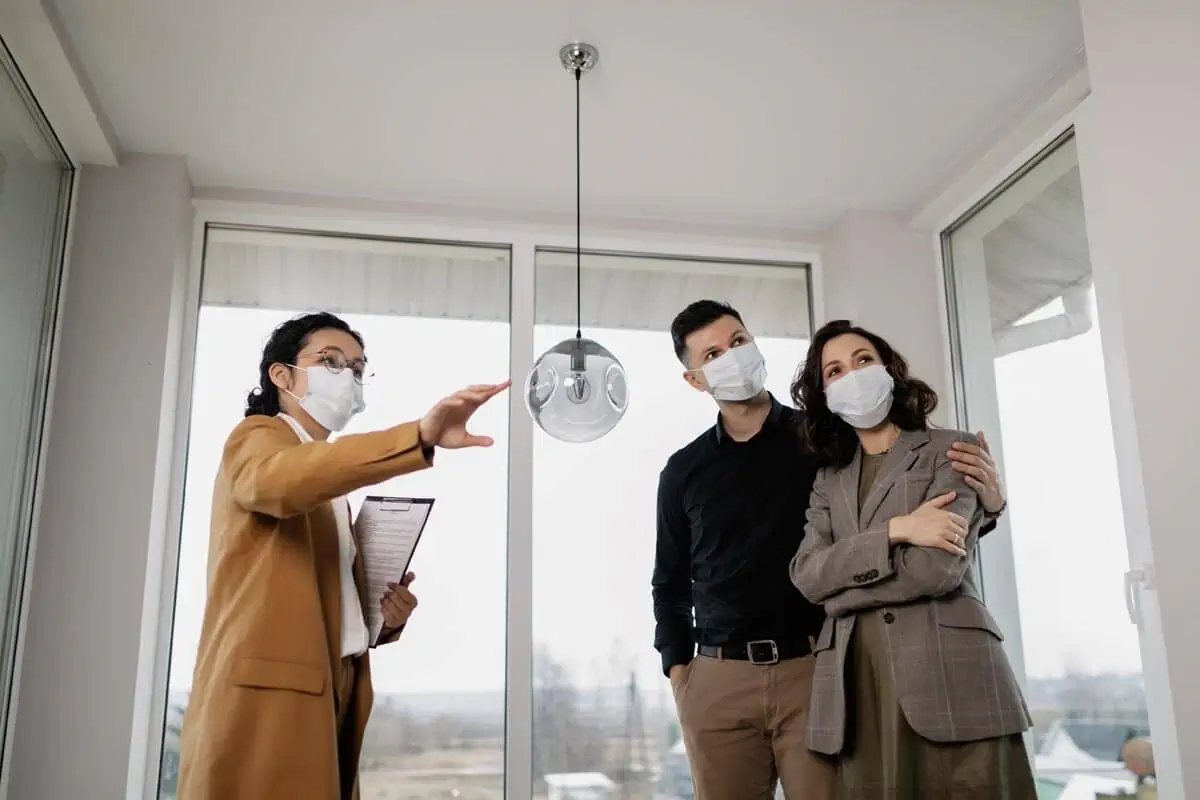 Photo courtesy of Alena Darmel via Pexels
Photo courtesy of Alena Darmel via Pexels
When should you buy a home?
You should buy a home when you’re financially stable enough to make such a long-term investment, and when you need a sense of ownership and stability over your living space. This usually comes at a certain age or life stage, like when you want to start a family. You should also buy a home when real estate prices or mortgage interest rates are low.
Can you afford it?
“It” refers to the expenses that come with home ownership like mortgage, down payment, property taxes, renovations, and more. You’d want to have a stable income with room to grow when you commit to a lifelong investment like home ownership. If you feel that you can’t afford these long-term expenses, then tenancy might be a better option for you.
 Photo courtesy of Ketut Subiyanto via Pexels
Photo courtesy of Ketut Subiyanto via Pexels
How long are you planning to stay in this location?
If you intend to stay at the location for just one to three years, then subletting might be the better option for you. But if you intend to stay at the location for longer than that, then you might want to consider purchasing the property for long-term use.
Are you looking for flexibility or stability?
This is a key question in deciding whether you want to rent or purchase a condo unit. Generally, you’d sublet a unit if you’re in need of flexibility, and you’d purchase one if you’re looking for lifestyle stability. This is because renting allows you to end a lease within a year, while buying entails a lifelong commitment to your property of choice.
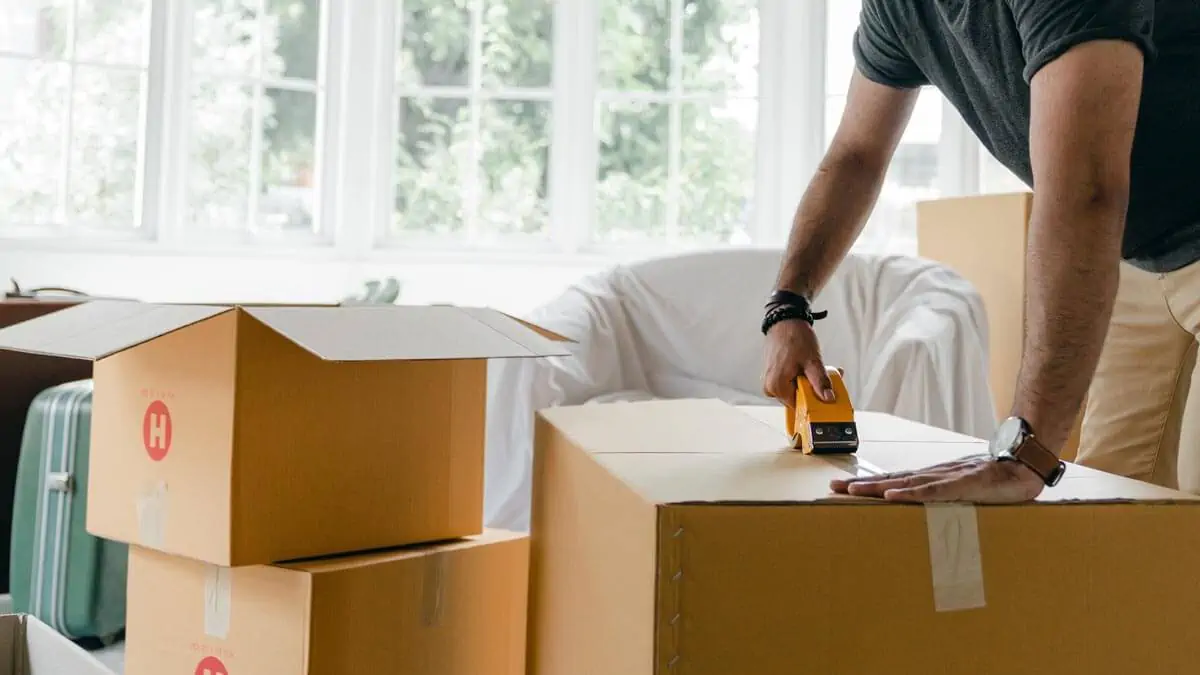 Photo courtesy of Ketut Subiyanto via Pexels
Photo courtesy of Ketut Subiyanto via Pexels
Do you have a lot of outstanding debts?
Review your finances with a reliable advisor and fix your debt management. This is especially important for aspiring homeowners, since you need to prove that you have the means and reliable track record to pay off your mortgage over time.
Is it better to rent or own a home?
It’s better to rent a home if you plan on living in it for a short period of time, and need the flexibility that comes with a property for lease. It’s better to own a home if you plan on living in it for a long period of time and need the stability that comes with being an owner.
Is renting cheaper than owning a home?
Yes, since the overall cost of home ownership is much higher than that of condo tenancy. However, you won’t be able to build equity and increase net worth with a sublet unit, which might be a dealbreaker for you depending on your needs.
 Photo courtesy of Ketut Subiyanto via Pexels
Photo courtesy of Ketut Subiyanto via Pexels
The choice is yours
At this point, you should have a broader understanding of the pros, cons, differences, and financial considerations for buying or renting out condo real estate properties. But as mentioned throughout the article, the final choice will depend on you and your unique needs as a condo-dweller.
It’s important to know what to expect from buying or subletting a property before jumping into either decision. So now that you have those expectations in mind, all you need to do is to choose according to what makes you feel most at home in your condo today.
 Photo courtesy of Karolina Grabowska via Pexels
Photo courtesy of Karolina Grabowska via Pexels
Key takeaways
Think you’re ready to make that final decision for your real estate investment in the Philippines? Remember to bring these key takeaways with you as you make an informed decision for your long-term life investment today:
- Think three years ahead. Where do you want to be in three years? Your plans to leave or stay in your city will ultimately guide your real estate decisions.
- Do your research. A lot goes into purchasing a condo unit versus just subletting one. Remember to prepare yourself for the decision ahead by researching your options, financial capability, and long-term investment plans.
- Make a choice based on your unique needs. Neither buying or renting is better than the other. When it comes to choosing between the two, it all boils down to what you need as a condo-dweller today.
Make the right investment choices for your condo home when you visit the DMCI Homes Leasing website today. To stay up-to-date on DMCI Homes Leasing condo options, remember to check out our social media accounts too: Facebook, Twitter, Instagram, and YouTube.








